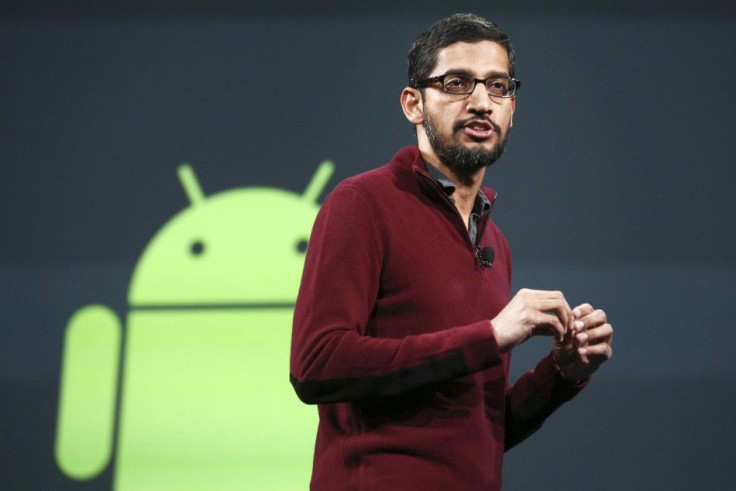New Android L Leak Shows New Design with Android One in Question

A new Android L leak suggests people are in it for a fresh design.
Mobile OS has been driving product cycles and sales for the last couple of years. User experience is a major selling point that has driven the product cycle and competition for Google and Apple. The Android and iOS platforms have taken on each other. Apple already released its bet this year, the iOS 8 while the Android L is yet to be released. The developer preview of Android L already gave insight on what people can expect but a new leak reveals what the design so much more.
According to Techno Buffalo, a new video uploaded on Google's Chromium tracker site (via Myce) reveals how the OS works. The footage also shows a somewhat redesigned set of navigation and status icons. While the uploaded video only reveals Chrome crashing on the update, it does give a peek at the minor software design tweaks. Android Police compared the two versions together pointing out how the top icons appear bolder whereas the Wi-Fi icon looks like a single unit compared to a series of levels.
People should still take this with a grain of salt as Google has enough time to change the design, at least other components, of the system. Analysts expect Google to announce the Nexus devices this month running on the Android L update. Several reports also indicated that the official download for the platform to be available November 1.
Apart from the Android L project, Google has also been busy working on its Android One initiative. The company wants to bring the Android and smartphone technology to as many people as possible. Android One was already launched in India but has been met with criticisms.
According to Google's post, the idea behind Android One is: "If we look at how people are getting online and accessing information today, increasingly it's through a smartphone. While 1.75 billion people around the world already have a smartphone, the vast majority of the world's population-over five billion more-do not."
Analysts argue that pricing alone of Android One may serve as setback for the initiative.






